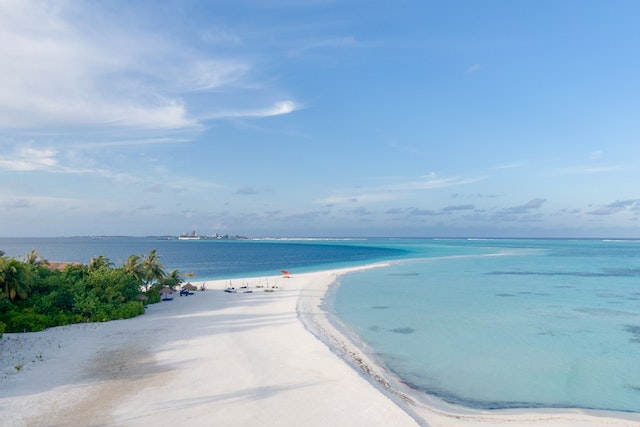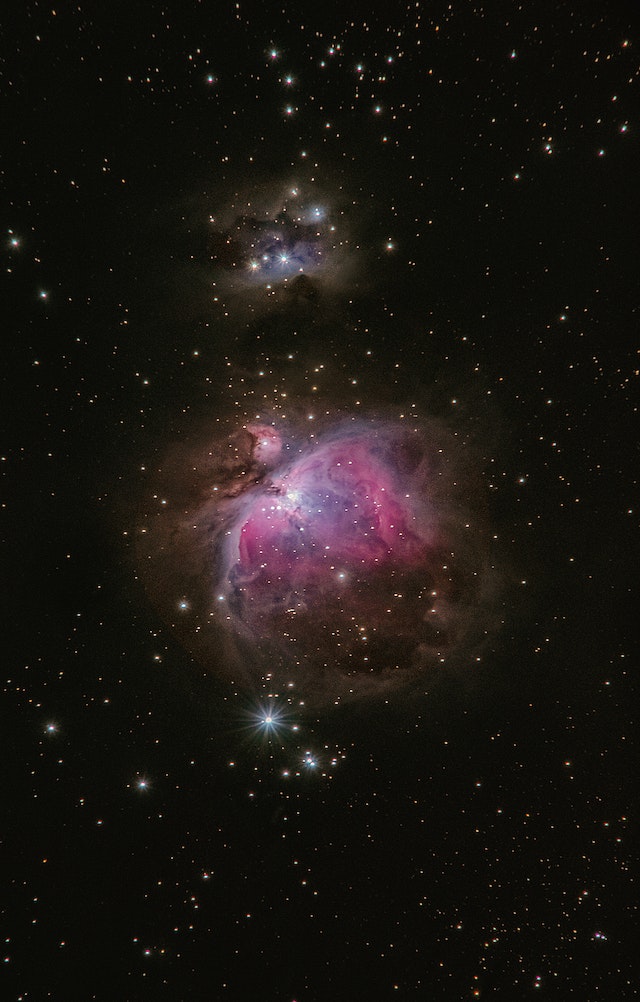Introduction:
Microplastic pollution has become a global environmental crisis, with these tiny plastic particles infiltrating our oceans, rivers, and even the air we breathe. As scientists and policymakers search for innovative solutions to tackle this pressing issue, an unlikely ally has emerged: mussel waste. Recent research suggests that the waste produced by mussels, a natural filter feeder, could hold the key to mitigating microplastic pollution. In this article, we delve into the potential of mussel waste as a solution and explore how it could help combat this pervasive problem.
The Magnitude of Microplastic Pollution:
Microplastics, defined as plastic particles measuring less than 5 millimeters in size, have permeated ecosystems worldwide. These tiny particles originate from various sources, including the fragmentation of larger plastics, microbeads in personal care products, and fibers shed from synthetic textiles. Once in the environment, microplastics pose significant risks to marine life, with the potential to disrupt ecosystems and harm organisms at the base of the food chain.
Mussels as Natural Filtration Systems:
Mussels are renowned for their exceptional filtering capabilities. As filter feeders, they draw in water and extract particles, including microplastics, as they feed on plankton and organic matter. The accumulated microplastics are then processed within the mussels’ digestive system, ultimately ending up as waste, which includes both feces and pseudofeces.
Mussel Waste: A Potential Solution:
Recent studies have shown that mussel waste can play a crucial role in removing microplastics from aquatic environments. The waste products produced by mussels act as carriers, effectively encapsulating microplastic particles within their feces and pseudofeces. These waste materials can then sink to the ocean floor, reducing the concentration of microplastics in the water column and preventing their reentry into the ecosystem.
The Role of Bacterial Communities:
Interestingly, the process of microplastic encapsulation within mussel waste is not solely attributed to the mussels themselves. The associated bacterial communities that reside within their digestive systems also contribute to the breakdown and aggregation of microplastic particles. These bacteria possess the ability to degrade certain types of plastics and facilitate their entrapment within the mussel waste, enhancing the efficiency of microplastic removal.
Addressing Challenges:
While the potential of mussel waste in combating microplastic pollution is promising, challenges remain in scaling up this approach. It is crucial to assess the potential impacts of increased mussel populations and waste deposition on coastal ecosystems. Additionally, further research is needed to optimize mussel cultivation techniques, understand the diversity of bacterial communities involved, and evaluate the long-term effectiveness of this method.
Promoting Sustainable Aquaculture Practices:
Harnessing the waste generated by mussel aquaculture operations could present a dual benefit by not only producing a valuable resource for mitigating microplastic pollution but also promoting sustainable aquaculture practices. By strategically locating mussel farms near areas affected by microplastic pollution, the waste produced by these operations could be harnessed as an active tool in reducing microplastic contamination.
A Holistic Approach:
While mussel waste shows promise in addressing microplastic pollution, it is important to remember that it is not a standalone solution. Tackling this complex issue requires a holistic approach, including reducing plastic waste at the source, implementing effective waste management systems, and developing environmentally friendly alternatives to plastics.
Conclusion:
The potential of mussel waste as a solution to microplastic pollution offers a glimmer of hope in the battle to protect our oceans and freshwater ecosystems. By harnessing the natural filtration capabilities of mussels and the synergistic relationship with their associated bacterial communities, we can explore innovative strategies to combat micro
plastic contamination. However, further research and collaboration among scientists, policymakers, and aquaculture industries are essential to fully realize the potential of this approach. By combining these efforts with broader initiatives to reduce plastic waste and promote sustainable practices, we can strive towards a cleaner and healthier environment for future generations.










